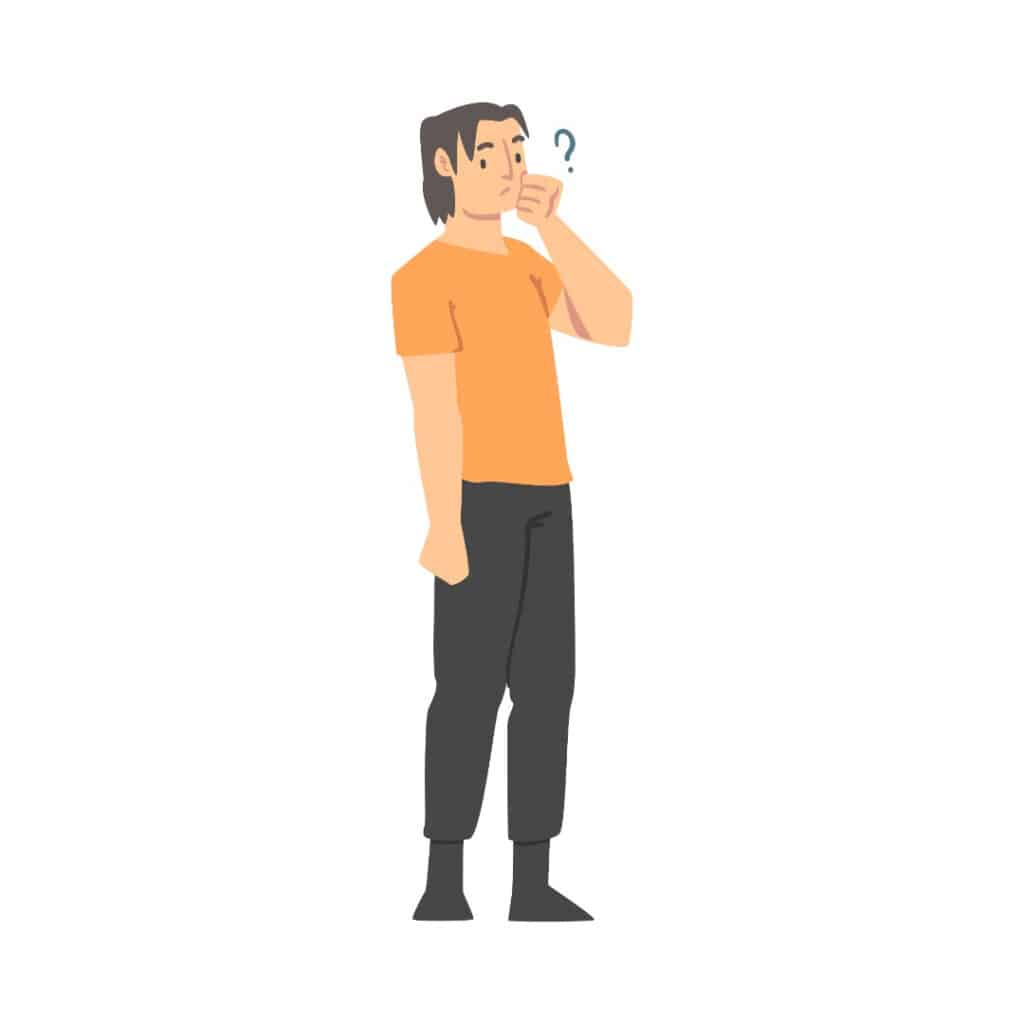Alternative therapeutic approaches have grown increasingly popular over the past decade. Offerings like equine therapy, reiki, acupuncture, and yoga have made their way into many mental health treatment plans. While there are some benefits to holistic mental health treatment services, none of them can fully replace the need for evidence-based treatment.
Holistic mental health treatment approaches are useful in certain circumstances. They may even lead to improvement in some cases. But there isn’t enough research or evidence to support the claims made by many providers of these alternative therapeutic approaches. Leaning on alternative medicine alone for mental health treatment eliminates some important aspects that evidence-based services offer.
What do you miss out on when you opt solely for alternative medicine?
What is Holistic Mental Health Treatment?
The mental health treatment landscape has shifted over the past 10 years and started incorporating many alternative approaches to treatment. Treatment providers determined that evidence-based practices alone were not enough to address the individual aspects of each person. They looked to alternative solutions to fill these seeming gaps left by traditional treatment approaches and developed holistic mental health treatment alternatives.
Some examples of alternative mental health treatment options include naturopathy, massage, homeopathy, and energy healing. Certain alternative approaches, such as animal therapy or music therapy, have more plausibility than others. In some circumstances, treatment programs try to develop a proprietary take on other sound options like exercise or mindfulness.
As an article in the Journal of Clinical Investigation explains, “The defining characteristic of alternative therapies is that their health claims do not meet evidence-based standards, and many…are scientifically implausible.”1
Building a Comprehensive Mental Health Treatment Plan
The idea behind holistic mental health treatment is good, but the false claims it makes are dangerous to those who opt for fully alternative solutions. Relying on alternative medicine alone and neglecting to incorporate evidence-based practices will lead to an incomplete treatment program.
Instead, a well-rounded mental health treatment plan centers around evidence-based practices such as cognitive-behavioral therapy or dialectical behavior therapy may incorporate medication-assisted treatment and fills in any leftover space with legitimate practices such as nutrition or exercise.2
This isn’t to say that alternative therapies don’t have their place. Some people find numerous benefits when they opt to include holistic approaches to care in their treatment plans. However, applying anecdotal experiences to anyone seeking help is likely to do more harm than good.
If you’re looking for a mental health treatment program, make sure to learn about the services they offer. Facilities that offer a variety of options but keep their practices grounded in evidence-based approaches are the best options for care.
Lifeskills South Florida is one such treatment program, and we understand the complexities that come with selecting a treatment facility. Its full-time Yale-trained, quintuple board-certified medical director and its highly credentialed staff provide all clients with an initial psychiatric assessment, ongoing psychiatric evaluation, and medication management. You might feel more understood by a facility that leans heavily on alternative approaches, however, selecting a treatment center that bases its practice on evidence-based approaches ensures you receive the most effective care possible.
Want to find out more about Lifeskills South Florida? Call us at 954-953-1742 or submit an online contact form and speak with an admissions specialist. Ask any questions you may have, find out whether our programs are the right fit for you, and start on your path to mental well-being today.
References
- The Journal of Clinical Investigation. (2020). Alternative therapies in academic medical centers compromise evidence-based patient care.
- Neurotherapeutics. (2017). Evidence-Based Psychotherapy: Advantages and Challenges.




